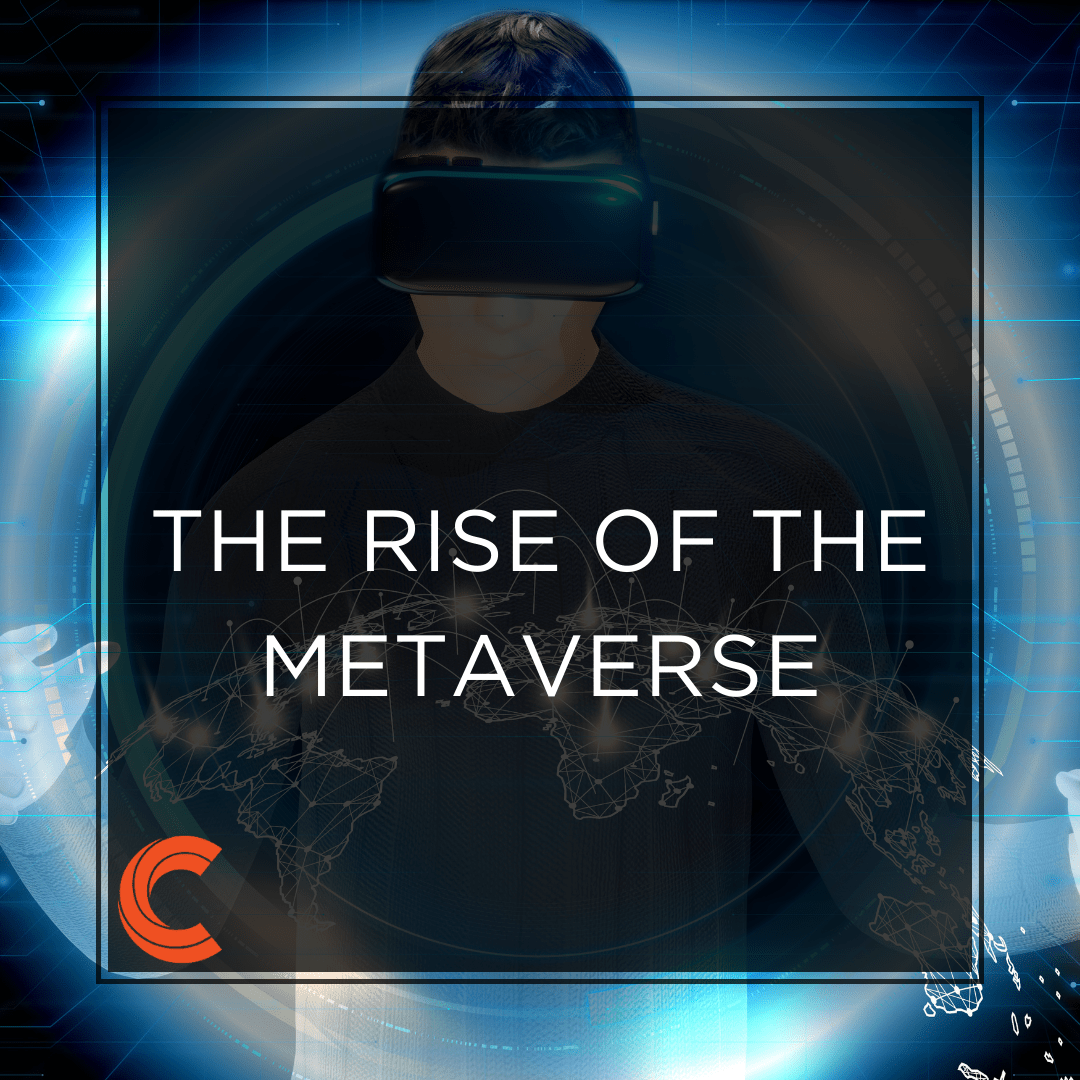The metaverse, a virtual world with social and economic aspects, is rapidly gaining popularity. From virtual concerts to digital clothing stores, brands are increasingly testing this new frontier. However, this emerging space presents unique challenges related to intellectual property (IP), particularly trademarks. Understanding how trademarks apply in the metaverse is crucial for businesses looking to protect their brand identity and avoid legal problems.
What is the Metaverse?
The metaverse is a collection of interconnected virtual worlds where users can interact with each other and digital environments in a simulated way. Imagine a 3D version of the internet, accessible through virtual reality (VR) headsets or augmented reality (AR) glasses. Within it, users can interact, play games, shop, and even attend virtual events.
Trademarks and the Metaverse
Traditional trademarks protect brands in the physical world. However, as businesses move into the metaverse, they need to consider how trademarks apply in this virtual space. Here are some key questions to address:
- Do Existing Trademarks Apply in the Metaverse? Current trademark registrations might offer some protection, but the full scope remains unclear.
- New Trademark Filings: Businesses might need to consider filing new trademarks specifically for virtual goods and services offered in the metaverse.
- Classes of Goods and Services: Trademark classifications might need to be updated to include virtual products and experiences offered in the metaverse.
Potential Trademark Issues in the Metaverse
Several potential trademark issues can arise in the metaverse:
- Trademark Infringement: Competitors might use similar trademarks in the metaverse to mislead consumers.
- Cybersquatting: Individuals might register domain names for virtual stores or experiences that mimick recognized brands.
- Trademark Dilution: Unauthorized use of a similar trademark in the metaverse could weaken a brand’s reputation.
Protecting Your Brand in the Metaverse
Here are some steps businesses can take to protect their trademarks in the metaverse:
- Conduct a Trademark Audit: Review existing trademark registrations and consider if they cover the metaverse in an adequate way.
- Consider Filing New Trademark Applications: File new trademark applications specifically for virtual goods and services offered in the metaverse.
- Monitor the Metaverse Space: Proactively monitor the metaverse for potential trademark infringements.
- Develop Metaverse Brand Guidelines: Establish clear guidelines for how your brand should be represented in the metaverse.
The Evolving Legal Landscape
The legal landscape surrounding trademarks in the metaverse is still developing. Courts and legal bodies are yet to establish clear rules and regulations. Staying informed about these developments is crucial for businesses operating in the metaverse.
Seeking Legal Expertise
Given the changing nature of the metaverse and its impact on intellectual property, seeking guidance from an experienced lawyer is essential. Lawyers at Carbon Law Group can help you with:
- Evaluating your existing trademark portfolio for metaverse protection.
- Developing a trademark strategy for the metaverse.
- Filing new trademark applications for virtual goods and services.
- Monitoring for potential trademark infringements in the metaverse.
- Enforcing your trademark rights in case of infringement.
Conclusion
The metaverse presents exciting opportunities for businesses. However, protecting your brand identity and intellectual property within this virtual space is crucial. Understanding how trademarks apply and taking proactive steps like trademark audits and filing new applications will ensure your brand is set for success in this new world. Remember, talking with an experienced intellectual property lawyer at Carbon Law Group can provide valuable support in understanding legal complexities and protecting your trademarks.





